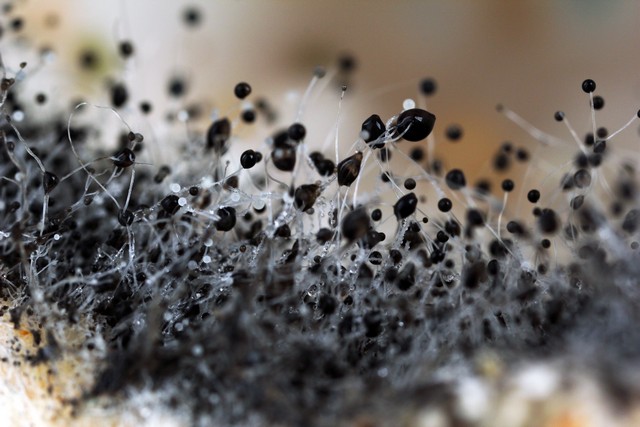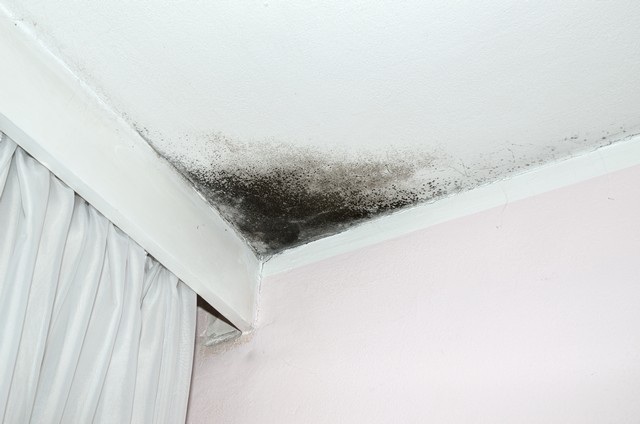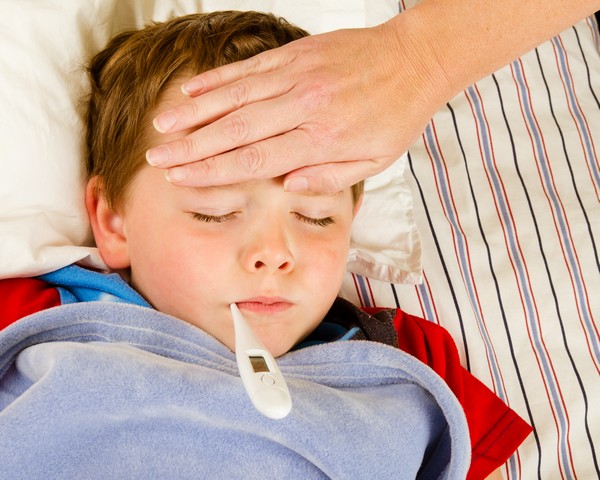Got Questions About Black Mold? We Have Answers!

Got Questions About Black Mold? We Have Answers!
You often hear about black mold in the media.
For instance, a news article featured a woman who thought she was poisoned by black mold. After being exposed to black mold for four years in a friend’s house in Niagra Falls, Susan Crane-Sundell stated: “It’s very close to killing me now.”
Crane-Sundell began getting sick after about 18 months of living in the house. When she got sick, she saw a dozen doctors and underwent expensive medical tests. Recently, she found out that the cause of her sickness was black mold which has poisoned her system to the point that she is bed-ridden.
NuTech Mold is passionate about indoor air quality and specialize in crawlspace encapsulation, mold removal, mold inspection, mold testing, and water damage restoration. One of our goals is to educate consumers and business owners in the Suwanee, Georgia area about mold.
In order to accomplish this objective, we have launched this blog to offer you free and valuable information that will help you understand the many concerns caused by mold and assist you in making informed decisions in the event that you do find mold in your home or business.
With this in mind, the purpose of this article is to answer the following questions:
- What is black mold?
- What are the health concerns?
- Why should I be concerned?
This article answers these questions by exploring the topic of black mold, explaining what exactly it is, why it grows, and the potential health consequences of exposure, listing the top 15 health issues that black mold, also known as Stachybotrys, causes.
If you are concerned that you may have black mold growing in your home or business, please give us a call, 470-655-1212, we are here to help! 🙂
What Is Black Mold?

What Is Black Mold?
Stachybotrys molds decay organic matter. The most common species, Stachybotrys chartarum, sometimes referred to as Stachybotrys atra often grows indoors.
Ideal conditions for Stachybotrys growth include moisture, a nutrient/food source, temperature, and time. Ideal humidity for this black mold is a relative humidity of 90% or higher for it to begin the germination growth process. Stachybotrys feeds on materials with a high cellulose content such as hay, straw, wood chips, and building materials such as ceiling tile, drywall, paper vapor barriers, wallpaper, insulation backing, cardboard boxes, and paper files.
Stachybotrys is considered the King of Molds because it will develop into the dominant mold group if the conditions are favorable and will crowd out the other molds that began feeding on the material first.
Unlike other molds like Aspergillus, Penicillium, and Cladosporium which begin growing within one to two days, Stachybotrys takes one to two weeks to begin growing.
When Stachybotrys mold is growing on wet material, the spores do not disperse as easily because the spores are held together by a sticky/slimy coating. However, when the material dries out or is disturbed, the spores will spread through the air.
The main concern of NuTech Mold is to prevent the spread of toxic black mold. The most effective method of doing this is through containment, which is the process of creating a poly barrier around the area where the Stachybotrys mold is growing.
This procedure is so important because Stachybotrys spreads by releasing spores. Mold contaminated materials must be removed and disposed of because this mold does not just grow on the surface of the material; it has root-like tendrils called mycelia, meaning it is able to penetrate the surface.
Typically Stachybotrys mold grows in clusters at the end of stem-like structures known as hyphae.
How Harmful Is Black Mold?

How Harmful Is Black Mold?
According to the CEO of Wonder Makers Environmental, Michael Pinto, there is mounting evidence that mold causes sickness:
There is now good science that documents that exposure to fungal contaminants and damp environments not only triggers standard allergenic responses, but pushes certain parts of the immune system into overdrive. In essence, the body’s defense system ends up attacking the host as well as the biological invaders. (The Answer to the Mold Illness Questions Is: All of the Above)
In 2009, the World Health Organization, produced a 228 page document entitled WHO Guidelines for Indoor Air Quality: Dampness and Mould and concluded the following:
When sufficient moisture is available, hundreds of species of bacteria and fungi – particularly mould – pollute indoor air. The most important effects of exposure to these pollutants are the increased prevalence of respiratory symptoms, allergies, and asthma, as well as disturbance of the immune system. Preventing (or minimizing) persistent dampness and microbial growth on interior surfaces and building structures is the most important means of avoiding harmful effects on health.
Many mold survivors chronically exposed to mold develop a condition known as Chronic Inflammatory Response Syndrome (CIRS), defined as:
“An accute and chronic, systemic inflammatory response syndrome acquired following exposure to the interior environment of a water-damaged building with resident toxigenic organisms, including, but not limited to fungi, bacteria, actinomycetes and mycobacteria as well as inflammagens such as endotoxins, beta glucans, hemolysins, proteinases, mannans, c-type lectins and possibly spirocyclic drimanes, plus volatile ogranic compounds.” (What is Mold Illness? Better yet, do people get sick after being exposed to water-damaged buildings?)
CIRS is associated with 37 health symptoms, including asthma, dizziness, migraines, and bronchitis.
Top 15 Health Problems Caused By Stachybotrys Mold!

Top 15 Health Problems Caused By Stachybotrys Mold!
Stachybotrys produces a mycotoxin (i.e., poison from a fungus) named trichothecenes.
Stachybotrys black mold is a health concern because animal studies have shown that one of the major effects of trichothecenes is immuno-suppression.
In fact, even low level exposure can suppress the immune system resulting in bacterial and viral infections, coughing, skin irritation, and other allergic reactions, and there is some speculation that it may even cause cancer.
Listed below are the top 15 health conditions caused when toxic Stachybotrys black mold is inhaled or ingested:
- Sore/hoarse throat
- Cold and flu symptoms (headaches, slight fever, and muscle aches)
- Nosebleeds
- Tingling or burning of nose, mouth, and perspiration areas (under the arms or between the legs)
- Chronic fatigue
- Dizziness
- Nausea/vomiting
- Memory loss
- Attention deficit/concentration problems
- Personality changes such as irritability or depression
- Neurological disorders such as tremors
- Hair loss
- Coughing with blood
- Bleeding in the lungs (hemosiderosis)
- Damage to internal organs including blood, liver, kidneys, and lungs
Got Black Mold Questions?
If you are concerned that you may have black mold in your home or business that requires removal, call NuTech Mold, 470-655-1212 or send us an e-mail.
Black Mold Exposure Warning Signs!
The infographic below, courtesy of the Mold Blogger, provides an excellent summary on black mold and the health symptoms of exposure.

Black Mold Exposure Warning Signs!
15 Health Issues Caused By Black #Mold! https://t.co/roEXfT6V41 PLEASE RETWEET pic.twitter.com/OPyDV8SQN3
— Atlanta Mold Man (@AtlantaMoldman) October 17, 2017

Recent Comments